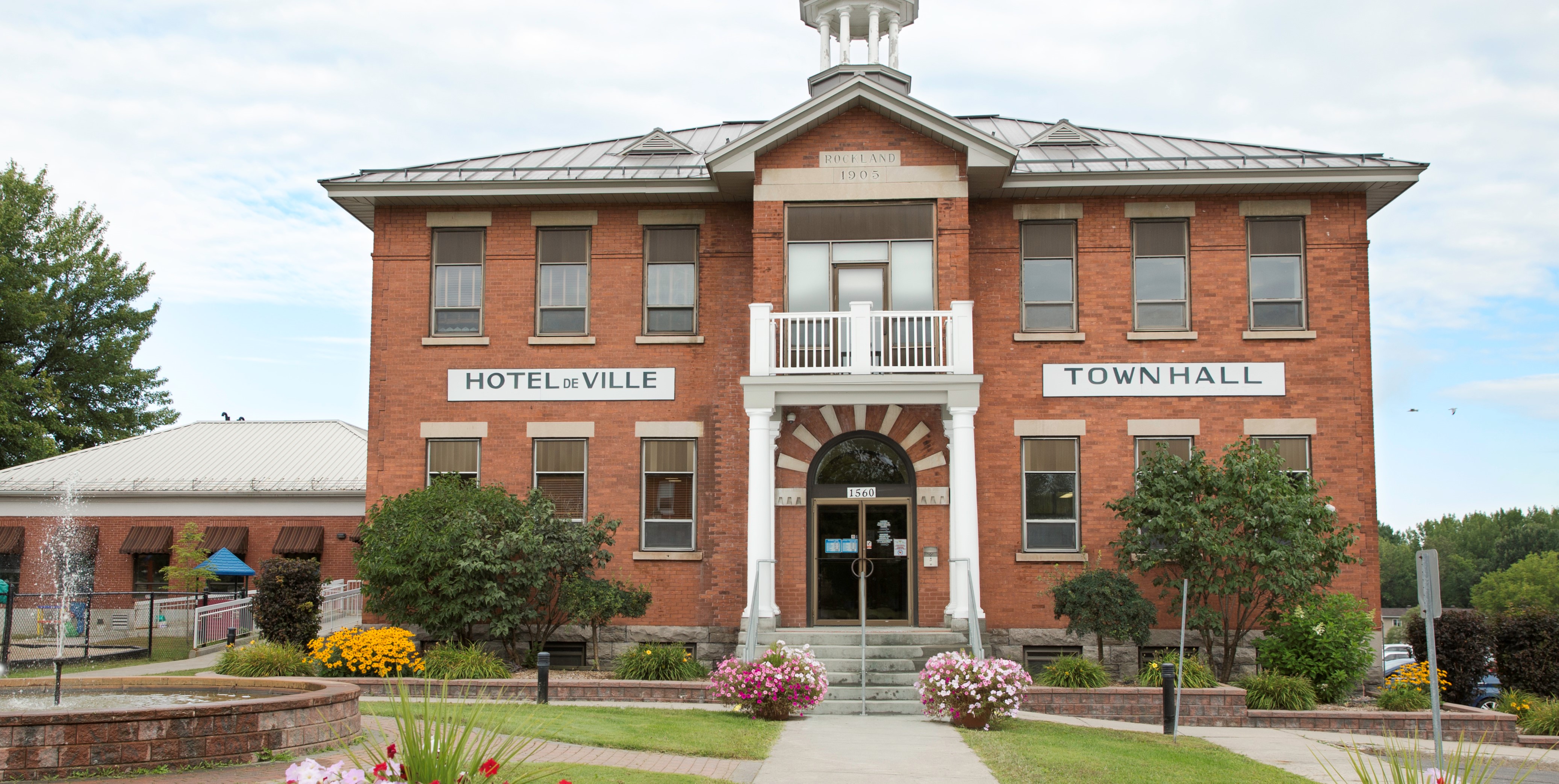Day for Truth and Reconciliation

Clarence-Rockland – September 30, 2021 – Today is the National Day for Truth and Reconciliation, where we remember and honour the lost children and survivors of residential schools, their families and communities. It is a time to solemnly acknowledge the hurt and harm this system caused. Survivors requested reparation and accountability and it is our duty as Canadians to do so.
We must consider ourselves privileged that Indigenous communities are reaching out to us and providing us with this opportunity for reconciliation. We are all contributing in creating a better country when we take steps to understand and acknowledge their pain.
The horrors that happened in residential schools are unfortunately part of our history. Like you, I was horrified to learn about what happened in these institutions. What's saddest, however, is that Indigenous communities have been talking about it for decades and no one was listening. That has just changed.
What can we do, as an individual, to contribute positively to this day? We can start by asking ourselves: What does reconciliation mean for me? What is the symbolism of wearing orange on this important day? More than that, we can listen with an open mind and heart when members of the Indigenous communities explain what reconciliation means to them.
We also need to take concrete action. Last September 20th, this Municipal Council adopted a resolution to commit to recognize today as National Day for Truth and Reconciliation and to ensure that public commemoration of the history and legacy of residential schools remain a vital component of the reconciliation process.
This is only the first step, because, of course, we can do much more. The Truth and Reconciliation Commission released its final report on June 2, 2015. The report included 94 calls to action to address the legacy of residential schools, and advance the process of Canadian reconciliation.
Some of these actions can be carried out at the local level, by municipal governments. We will carefully consider these calls to action and implement those that will benefit the Clarence-Rockland community.
I would like to leave you with this quote from former Justice and Senator Murray Sinclair, who served as chairman of the Residential Schools Truth and Reconciliation Commission from 2009 to 2015.
“I did say, at the end of the TRC report, that we will not achieve reconciliation in my lifetime. We will probably not achieve it in the lifetime of my children. We may not even achieve it in the lifetime of my grandchildren. But if we make a concerted effort, then eventually we will be able, some day, to wake up and, to our surprise, find that we are treating each other in a way that was intended when contact was first made.”
Mario Zanth
Mayor

